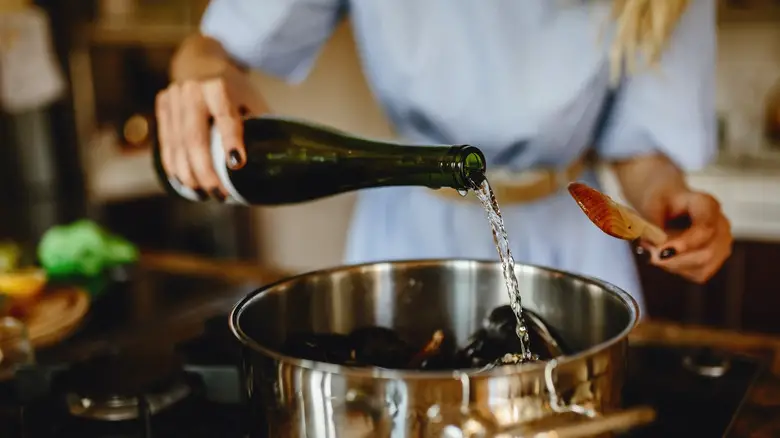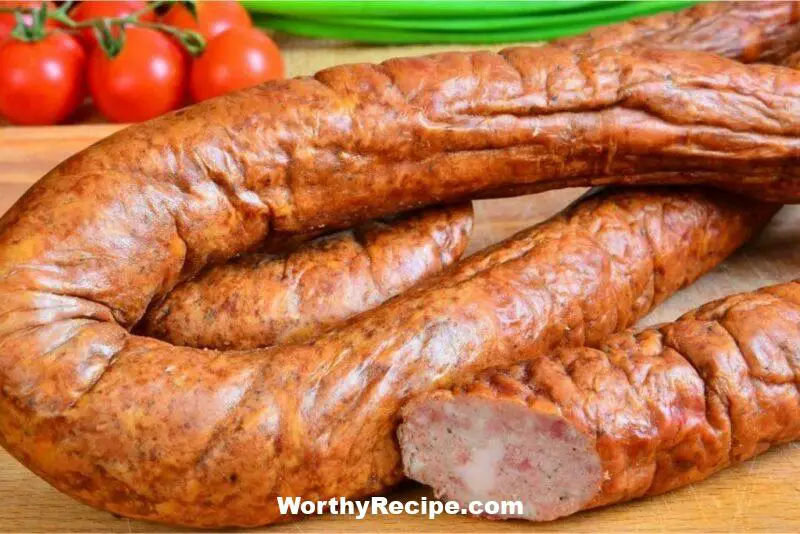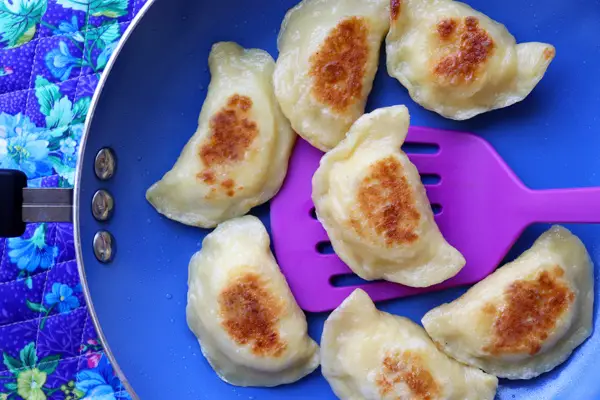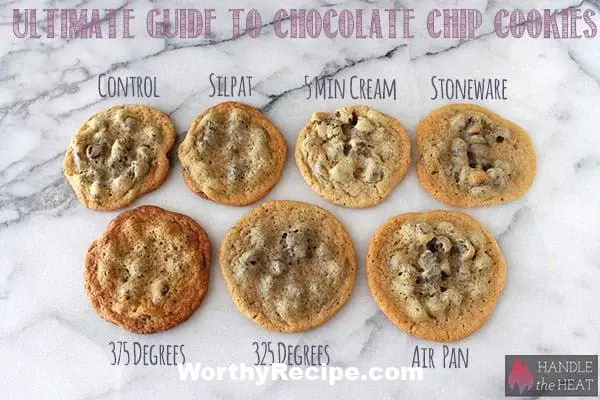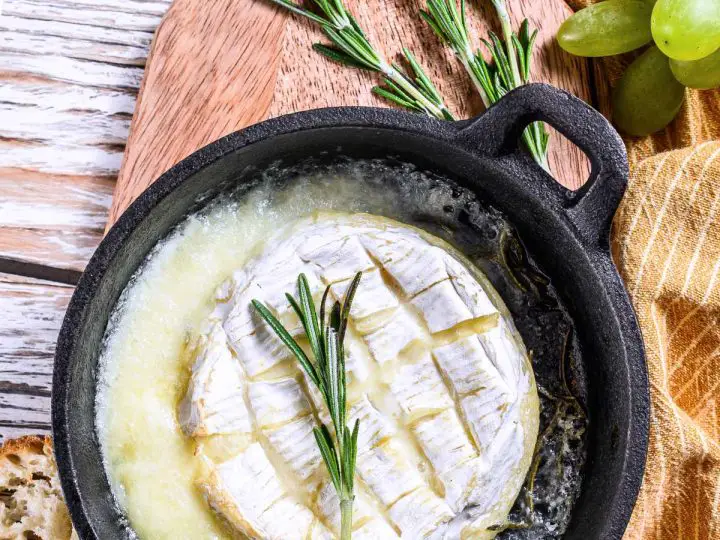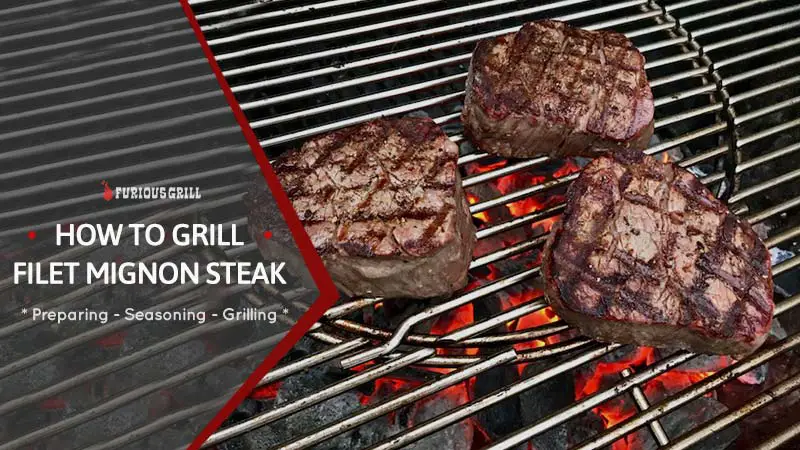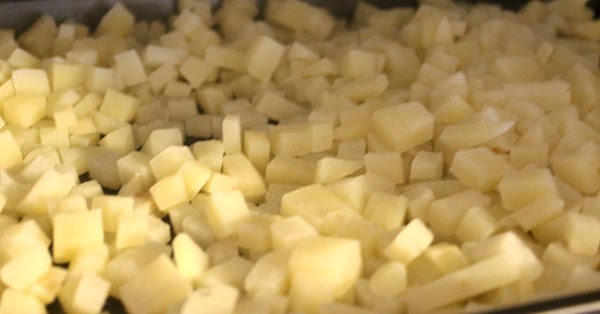Cooking wine is an essential ingredient in a wide range of dishes. Whether you are making a classic coq au vin or simply deglazing a pan, there is no denying the rich flavor and aroma that wine brings to the table. However, once you crack open a bottle, you may be wondering whether or not it needs to be refrigerated. In this comprehensive guide, we will delve into the question of whether cooking wine should be refrigerated after opening, exploring the science behind the shelf life of wine and offering practical tips for preserving its freshness.
## Introduction
Wine has been used as an important ingredient in cooking for centuries. It adds depth and complexity to sauces, marinades, and braises, enhancing both flavor and aroma. However, with so many different types of cooking wine on the market–from red to white to sherry–it can be difficult to know how best to use them and how to store them.
This article aims to provide a comprehensive guide to cooking wine storage and offer advice on whether it should be refrigerated after opening. We will examine the various factors that affect wine quality and explore practical ways of preserving its flavor.
## What Happens When Wine is Left Unrefrigerated?
To understand whether cooking wine needs to be refrigerated or not, it’s important first to understand what happens when wine is left unrefrigerated.
Wine is a delicate product that can easily spoil if stored incorrectly. Oxidation is one of the primary factors contributing to spoilage; oxygen reacts with the alcohol in the wine, resulting in chemical changes that affect its taste and aroma.
Temperature also plays a crucial role in determining how quickly wine spoils. When stored at high temperatures, such as those commonly found in kitchens during summer months, wine can deteriorate rapidly. Additionally, temperature changes can cause condensation inside the bottle or lead to unwanted microbial growth.
Finally, acetaldehyde is a byproduct of alcohol oxidation that can lead to spoilage. This compound has a unique sour taste and aroma and is often associated with “off” wine flavors.
## Factors Affecting the Shelf Life of Cooking Wine
When deciding whether or not to refrigerate cooking wine after opening, there are several factors to consider.
One of the most significant factors is the type of cooking wine you are using. Some wine varieties, such as sherry or Madeira, have a longer shelf life than others due to their higher alcohol content. Conversely, low-alcohol wines such as vermouth may spoil more quickly.
Another factor to consider is the expiration date on the bottle. While wine doesn’t have an expiry date per se, it does lose quality over time. Generally, most cooking wines are good for about a year after they are opened. However, this varies depending on the type of wine and how it’s stored.
Finally, there are several factors that can contribute to spoilage in cooking wine. Bacteria, oxygen exposure, light, and high temperatures can all produce visible signs of spoilage such as off flavors or color changes in the wine.
## The Debate on Refrigerating Cooking Wine After Opening
When it comes down to whether or not you should refrigerate your opened cooking wine, there are two main schools of thought: those who argue for refrigeration and those who advise against it.
### The Argument for Keeping Cooking Wine in the Fridge
Refrigeration is one of the most effective ways to preserve the freshness and flavor of your cooking wine after opening. This method slows down oxidation and helps inhibit bacterial growth that can spoil the contents of a bottle.
One key argument in favor of refrigeration is that it helps maintain consistent storage conditions throughout the year. Because temperature fluctuations can significantly impact wine quality, storing your leftover cooking wine in a cool environment can help ensure that it maintains its quality over time.
Contrary to popular belief, storing wine in the fridge will not damage it. However, it’s important to remove the wine from the fridge and allow it to reach room temperature before using it. Avoid shaking a cold bottle vigorously as doing so can release natural sediments in the wine.
Here are some top tips for storing opened cooking wine in the fridge:
– Use a cork or vacuum stopper to replace the original cork. This helps seal off the contents from air exposure.
– Store the bottle upright to minimize surface area exposed to oxygen.
– Avoid exposing your cooking wine to light or strong odors.
### The Opposing Argument Against Refrigerating Cooking Wine
On the other hand, some experts advise against refrigerating cooking wine. They suggest that chilling alters a wine’s delicate balance of flavors and aromas, leading to an overall inferior product.
Furthermore, while refrigeration does inhibit bacterial growth, it can affect a wine’s flavor profile. low temperatures “flatten” a wine’s taste by suppressing volatile compounds that contribute to aroma and flavor notes.
However, for most home cooks, these factors are relatively minor when compared with the benefits of refrigeration. For those who plan on using their opened cooking wine within a few weeks and don’t bother with flavor nuances, storing it in a cool place such as the fridge can be an effective means of preservation.
Here are some situations where refrigeration is unnecessary:
– Short-term storage: if you only plan on keeping your cooking wine for a day or two after opening, simply closing it tight and securely storing it away from sunlight will suffice.
– Incorporating existing flavors: when using cooking wine in dishes that call for heavy spices or ingredients with strong flavors (e.g. red meat), slight changes in taste/aroma are often negligible.
– Recipes that don’t require cooking wines: Some recipes don’t require cooking wines (e.g., mashed potatoes).
## Tips and Tricks for Preserving Cooking Wine Quality
Whether you decide to refrigerate your cooking wine or not, here are some tips and tricks for keeping it fresh:
### How to Know Good Wine from Bad
Before you start storing cooking wine, it’s essential to know a few basic quality parameters. First off, good cooking wine should have the following:
– The right acidity levels: check that the wine isn’t too acidic or too low in acidity.
– Tannins: tannins prevent oxidation, so look for wines that are higher in this quality (e.g., red wines).
– Sweetness: select ones that work with your recipe.
When it comes to telling if a wine has gone bad, some common signs are visible mold growth inside the bottle and sour or vinegar-like smells. If you see any of these warning signs, it’s best to discard the contents as they may be unsafe.
### Proper Storage Procedures
Once you’ve purchased your cooking wine, store it in a dry, dark place at a temperature between 50°F-70°F. Avoid extreme temperature fluctuation.
It is also important to take steps to protect opened bottles from oxygen exposure. Exposure will quickly spoil the taste of your cooking wine, resulting in bitterness or acrid flavor notes. Here are a few ways you can ensure proper storage:
– Replace old corks with newer ones
– Use vacuum sealers
– Store opened bottles upright instead of on their side.
### Top Tips for Maintaining Freshness
Here are some additional ways you can maintain fresh and flavorful cooking wine:
#### Storing Opened Bottles
Opened bottles of cooking wine should be refrigerated regardless of recommended storage temperature if they will not be consumed within one week after opening or less than 12 after opening day for better safety.
#### Using Vacuum Sealers
If you haven’t invested in a vacuum sealer yet, they can be an excellent way to promote longer-lasting freshness.
Simply insert the wine bottle into the vacuum sealer and use the vacuum pump to suck out all the air. This creates a tight seal that will prevent oxidation and preserve your wine’s natural flavor.
#### Blending With Fresh Wine
Another clever technique for preserving cooking wines is to blend them with fresh wine after opening. This can restore the flavor profile and aroma that may have been lost through prolonged storage.
## Sustainability Tips: Can You Reuse or Freeze Cooking Wine?
Finally, we must address the question of whether you can reuse or freeze cooking wine. While you may feel tempted to toss that leftover wine down the drain, there are several ways to reduce waste and conserve resources.
### Exploring the Possibility of Reusing Leftover Wine
It’s possible to reuse cooking wine in certain recipes, depending on its original flavor notes and acidity levels.
For instance, strong red wines like Merlot or Cabernet Sauvignon with tannin-rich properties are perfect for hearty stews, sauces, or marinades.
A word of caution: make sure that any unused volume is tightly sealed immediately after opening; otherwise, bacteria could grow in as little as an hour given abundant warmth and oxygen availability.
### Can You Freeze Cooking Wine?
Freezing leftovers is another environmentally friendly option. However, there are a few things to keep in mind before doing so.
When liquid freezes, it expands, putting pressure on the bottle or container it’s stored in. So if you want to freeze your leftover cooking wine (usually half-full bottles), you’ll need to transfer it to a freezer-safe container first.
Furthermore, some changes may occur in both flavor and physical properties (e.g., clarity or coloring); while freezing won’t necessarily ruin Liquide/amber edibles like Cabarnet sauvignon oRed Burgundy which became slightly sourer during freezing! they might not taste as fresh when compared with unfrozen counterparts.
So while it’s possible to freeze cooking wine, reserve it for recipes where long-term storage matters less, like quick pan sauces or deglazing.
## Tools and Equipment for Storing Cooking Wine
To store your cooking wine properly, you’ll need some essential equipment that can help maintain ideal storage conditions. This includes:
– A wine bottle opener: Choose an ergonomic design that makes it quick and easy to remove corks without crumbly cork particles that sink quickly.
– A vacuum sealer: as already mentioned, this can be helpful when preserving an opened bottle.
– A Wine chiller: maintaining your stored wines in a chilled condition technically encourage prolonged lifetime and quality grading of the drink.
Although some of these items may seem like added expenses on top of the wine itself, they can save you time, money, and headache in the long run.
## Conclusion
Cooking with wine is a wonderful way to add flavor and complexity to your dishes. However, storing opened bottles requires care to ensure an optimal lifespan.
Refrigeration is one of the best ways to enhance preservation regardless of the variety you’re handling. Still, there are unique scenarios that may not require refrigeration whether due to short-term storage conditions or adding ingredients with strong bold flavors.
Remember that oxidation, temperature, bacteria, and exposure are factors that impact preservation for cooking wine quality. By following recommended guidelines for proper storage techniques like vacuum sealing before storing in a cool place or blending old with fresh wines before using in a recipe, even small details can make a huge difference in how long you can store your opened cooking wine!
Whether you choose to reuse leftover wine in future dishes or freeze it for later use is optional. Regardless of what method you decide on, always prioritize food safety by ensuring bacterial-free sanitation practices. Investing in quality tools such as ergonomic openers or chillers will also reward you with optimal taste development.
By following the tips and tricks outlined above, you can enjoy the flavor and richness of your cooking wine for years to come.
Frequently Asked Questions
#### Can I store cooking wine at room temperature after opening it?
Cooking wine should not be stored at room temperature after opening it as it will start to lose its quality and flavor. It is recommended to refrigerate the cooking wine after opening to ensure its freshness and longevity.
#### How long can I keep opened cooking wine in the fridge?
The shelf life of opened cooking wine stored in the fridge depends on various factors such as the type of wine, storage conditions, and quality of the bottle. Generally, white wine can last for up to a month while red wine can last for up to two weeks if stored properly.
#### Can I freeze leftover cooking wine?
Although you can freeze leftover cooking wine, it is not recommended as wine tends to expand when frozen which might break the container. Moreover, freezing may change the taste and consistency of the wine making it unsuitable for cooking purposes.
#### How do I know if my cooking wine has gone bad?
If the cooking wine has been exposed to air or heat for too long, it might start to smell off or sour indicating that it has gone bad. Also, if mold or sediment has formed in the bottle or there are any visible signs of spoilage, discard the bottle immediately as it is not safe for consumption.
